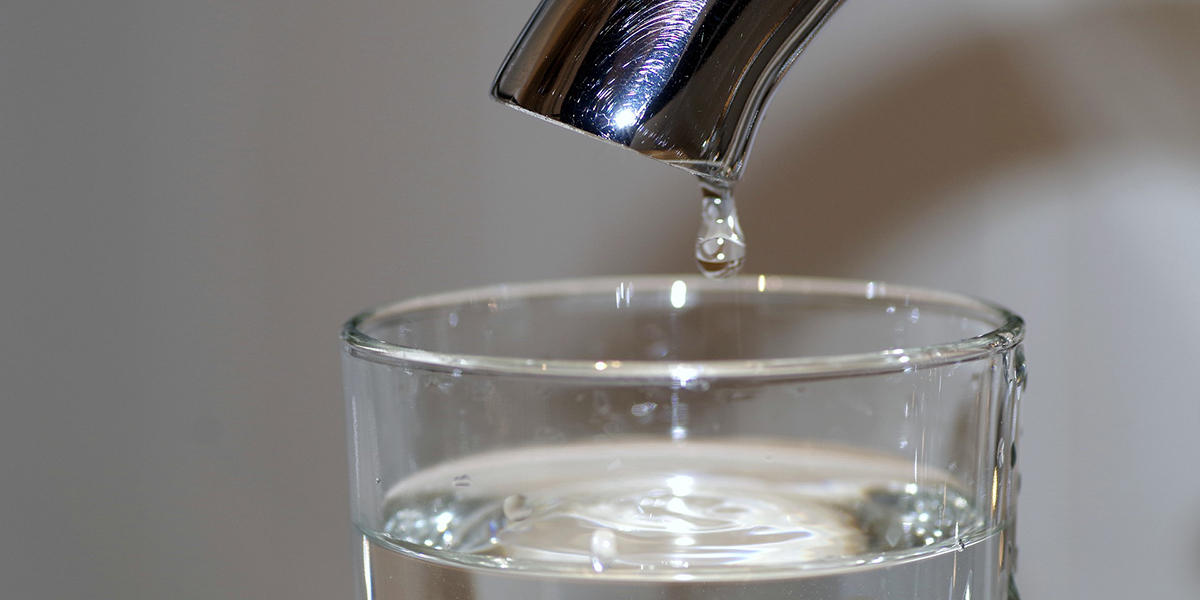Atlanta Tap Water Has Contaminants, Advocacy Group Says

Pixabay Images
The Environmental Working Group (EWG) has created a database that shows what contaminants are in tap water, based on ZIP code. After analyzing test results from the Georgia Department of Natural Resources and the Environmental Protection Agency (EPA), the group concluded that Atlanta’s tap water meets environmental legal limits, but could still be harmful.
“The EPA is really decades behind in setting new drinking water standards and really evaluating the current science on the impacts these chemicals might be having,” Dr. David Andrews, a senior scientist with the group, said.
Jac Capp, chief of Georgia’s Environmental Protection Division Branch, said there’s no reason people need to be alarmed.
“I don’t think that there is a reason, based on the data that they’re presenting, for people to panic in that way,” he said.
Capp said the EPA tries to set achievable standards for the quality of tap water, taking into account access states have to technology and other water management resources.
“The Safe Drinking Water Act certainly has an element to take into consideration what technologies are available and what those technologies can achieve. They don’t set standards that are unachievable,” Capp said.
Disinfection byproducts are one of the contaminants found in Atlanta’s tap water. The byproduct is created when chlorine reacts with other sources to kill microbial bacteria that could case dysentery, cholera, or other water-borne diseases.
“The disinfection is necessary to ensure that you kill any microbial contamination, but at the same time, it’s an indication, often, of upstream pollution,” Andrews said.
Andrews explained that the fact that water still contains disinfectant byproducts after going through a treatment facility means there might be too much pollution coming from upstream, including from agricultural runoff.
He said many of the contaminants are above a health guideline, set by EWG.
“It’s an elevated risk and as a concentration increases, that level of risk increases. It’s not enormous, but it is really something that should be considered,” he said.
Andrews recommends Americans filter their tap water with a simple water filtration system with contaminant levels where they are. Capp said the tap water in Atlanta is fine to drink on its own. If Atlantans want to use a filtration system, it would be a personal choice, and not out of necessity.
9(MDAxODM0MDY4MDEyMTY4NDA3MzI3YjkzMw004))






